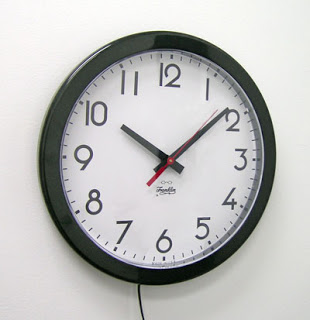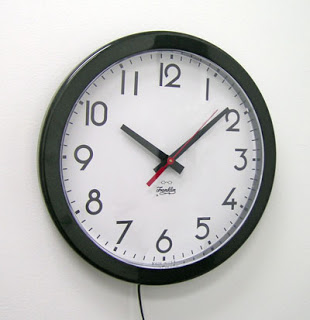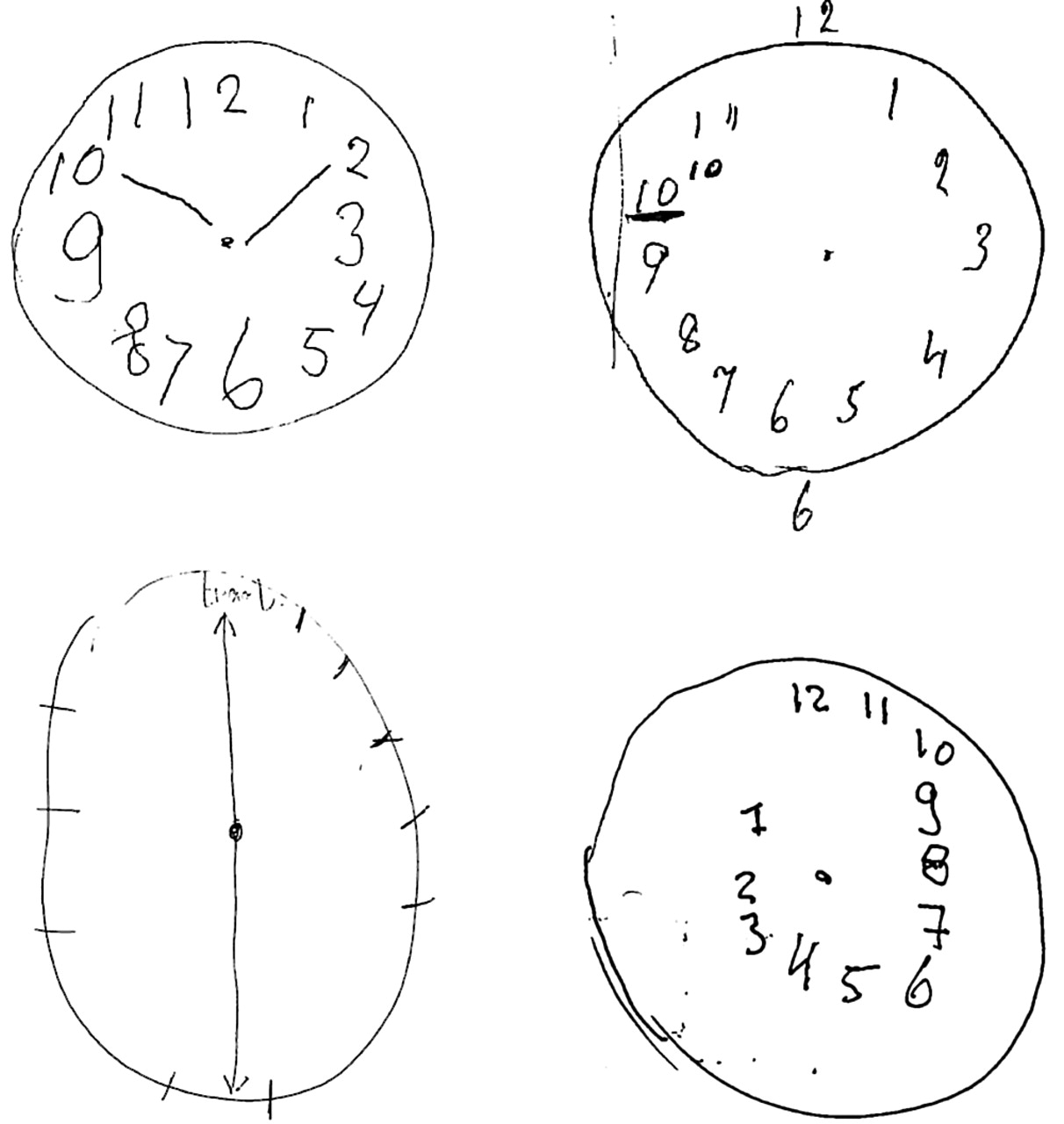 I was having a chat with a gentleman who told me that he as concerned about his memory, in that he was forgetting things more readily. He found himself frequently starting tasks such as sitting down to log onto his computer and then finding himself immediately logging off by mistake. He was frustrated by his experiences, but also by the fact that the mini-mental tests that he would undertake with his GP at intervals, apparently revealed no problem whatsoever with his memory. He is acutely aware that there are some changes in his cognition, even though the test doesn’t pick this up.
I was having a chat with a gentleman who told me that he as concerned about his memory, in that he was forgetting things more readily. He found himself frequently starting tasks such as sitting down to log onto his computer and then finding himself immediately logging off by mistake. He was frustrated by his experiences, but also by the fact that the mini-mental tests that he would undertake with his GP at intervals, apparently revealed no problem whatsoever with his memory. He is acutely aware that there are some changes in his cognition, even though the test doesn’t pick this up.
The basic mini-mental test that G.P.s currently perform is very basic and non-specific. You would have to have fairly significant memory issues to score poorly.
It is well recognised that the earlier a person is diagnosed with Alzheimer’s disease or other form of dementia the better. By the time the mini-mental score is falling, significant pathology will have already occurred, making any meaningful or possible improvement less likely.
Hence the need to find “bio-markers” to indicate a potential problem long before any symptoms appear. Whilst these may still be a little way off, Georgia Tech in the U.S.has designed a new tool for home testing.
This system called the ” Clock Me” has been designed in recognition of the fact that in a rapidly ageing population, many seniors are worried about their brain health and are looking for a simple method to indicate whether they might have early signs of mental impairment or not. The test also provides clinicians a quick and easy way to analyse the test results and hence determine whether a person is experiencing cognitive problems.
It is based on the traditional clock drawing test that has been used for many years as it has been shown to be consistently useful in evaluating whether a person has cognitive impairment or not. This is the new “you beaut” digital version, which is significantly superior in terms of analysis.
For the test, the participant has to use a stylus and computer or tablet. They are instructed to draw a clock showing a specific time, with the hands in the correct position for hours and minutes. The completed drawing is then analysed by the “ClockAnalyzer” Application, which checks for 13 different traits including the person’s ability to draw the numbers and hands of the clock in the correct positions. If a person has cognitive impairment they may draw the clock with the numbers in the incorrect place, such as outside the clock and also may miss or add in extra numbers.
The software is even able to determine how long the participant takes to complete the drawing and the time between each pen-stroke. This is different from the traditional method where a person uses pen and paper for the test and the complete drawing is analysed at the end.
The system is currently being road tested at the Emory Alzheimer’s Disease Research Centre in Atlanta. If successful, a commercial version is likely to be released onto the market at some stage in the future.
Whilst the beauty of this is its simplicity, the vital step remains in having a qualified clinician to interpret the test. So while it seems a good idea to have a home based test that will hopefully be inexpensive and easily available, it will be the interpretation of the data and the “what’s next” that will be of most importance.
The other issue is the nature of the test itself. Having to perform this type of test in front of family or assessors can be stressful. Having to watch someone you love struggle to perform this test heartbreaking.
It will however be a step forward from the current clumsy mini-mental test that has well and truly outlived it’s usefulness. It is certainly possible to envisage using the “ClockMe” system to identify cognitive problems, which then warrant further neurological and psychometric workup.
In my view it still remains too little too late, but Rome was not built in a day and finding a good early diagnostic test will come eventually. Meanwhile if it can bring reassurance to some that their cognition remains intact, and the opportunity for further assessment if difficulties are detected, then that has to be a good thing.
Ref:
Georgia Institute of Technology (2012, October 3). Home-based assessment tool for dementia screening. ScienceDaily. Retrieved October 10, 2012, from http://www.sciencedaily.com /releases/2012/10/121003111126.htm#.UG1WjjFRdSg.email



